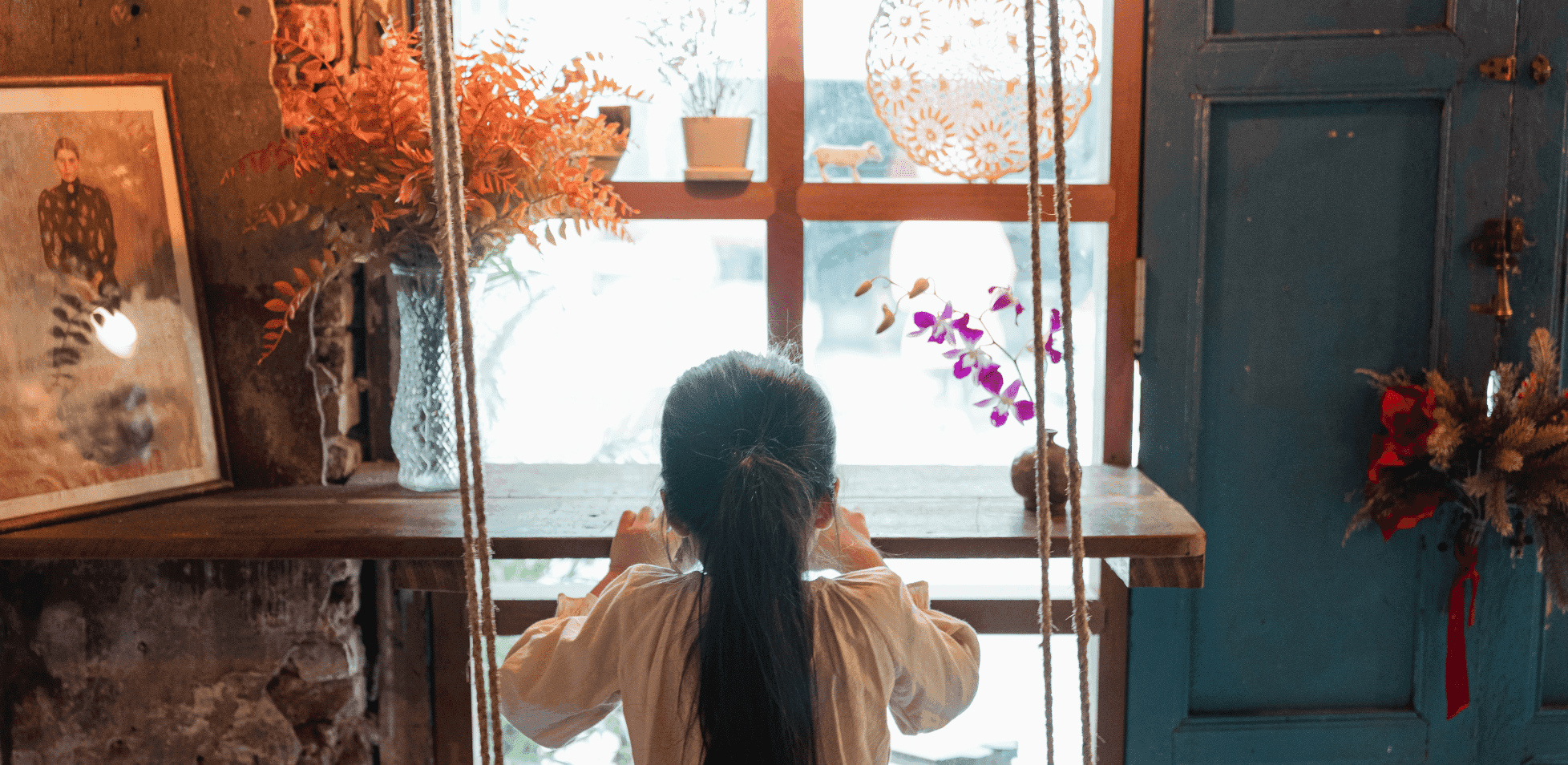Third Culture Kids — Privileged or Disadvantaged?
Third culture kid is a term which refers to a child who has spent significant part of their formative years outside their parents’ culture. The term is relatively new to me. I only discovered it after moving to Munich and starting work at InterNations. After spending my childhood going through seven different schools in four different countries over ten years, suddenly I had a term for who (or what) I am. This experience seems a little extreme, but for me, and the children around me, it was normal.
The downsides of being a third culture kid are similar to the drawbacks of an expat lifestyle. However, I think they are exaggerated for children, since it is harder to see the bigger picture for younger people.
(Not) Making Friends
The most common problem for a third culture kid is their friends, or lack thereof. Often, it feels pointless to make an effort to find friends when you know you will be leaving in two-, three- or four-years’ time. I still remember, me and my two brothers would wait patiently for my dad to come home from work in the winter months to give us news of whether we were staying or leaving come the summertime. We would go into school the next day and hear who else was leaving and who was staying. Knowing this would happen meant that sometimes we distanced ourselves from people, because we knew, soon the time would come to say goodbye. My older brother got so bored of this that he made the decision to go to boarding school in England, so he did not have to keep leaving friends!

So, Where Are You From?
When we moved back to the UK in 2012, I was the new girl — a feeling I was used to. The difference was that this was not an international school where new kids joined every year from all over the world, this was a small all-girls grammar school where new kids were not that common. I was a fascination, a girl who sounded British (with a twang of the international school accent) but had moved here from the Netherlands? It was unheard of! Third culture kids often have no idea what to say when people ask where they are from. If the country you are born in is not a country that you feel strongly tied to, it can be difficult to find your identity. I still struggle with this to this day. When I started university in Cardiff, I got the same questions and ended up accepting that I would have to say I was from the middle of England, simply because that’s where I lived at the time.
The Upside
On the flip side of the coin, there were many positives of having a childhood like mine
Experiencing Language
I got to learn Swedish, Dutch, and Irish, as well as countless other languages from my international friends. Many third culture kids speak multiple languages due to their upbringing. I now study German at university and I know that I would not be doing this if I had not lived abroad. I was always the one in my family who picked up language skills faster than the others, and I loved hearing how many languages my classmates spoke and learning about their cultures. It truly is a privilege to have experienced this!
Family Life
Third culture kids have a unique relationship with their family. While most children grow up and go through school with all the same friends and have shared memories with them, my life is compartmentalized into where I was living at the time, and only my family shares that with me. We are close as a family and I think living abroad is the main reason for this, as we had to support each other in a new place every few years!

Third culture kids do have struggles, but the overwhelming privilege of being able to live in different countries and be fully immersed in other cultures is surely a positive. People often ask me whether I wish I had grown up in one place, and sometimes I do. What would it have been like to have grown up in the same house, to have drawn pencil marks on the doorframe showing my childhood growth spurts? What would it be like to have a friend I’ve known my whole life?
It’s hard not having a distinctive tie to the UK, other than that it’s where I now live. But I get tied to all the countries I have lived in, which is far better! Being a third culture kid has shaped me into an open-minded and accepting person, and I wouldn’t trade it for the world.
Advertisement
About Alannah Harris
Originally from Ireland, Alannah Harris has enjoyed an expat upbringing and now studies economics and German at Cardiff University. She is working as the social media intern at InterNations.
Article topics
Related articles
Visiting ‘Home’: The Double Life of an Expat
I recently took my very first trip home to England a year after moving to America to live with my American husband in the autumn of 2012. Due to conflicting work schedules, I took the trip alone, leaving my husband in the States while I visited family in England. After establishing a new life abroad, it felt like I was living a double life. I’m sure I’m not the only expat to feel this way.
Stuck in Peru: How COVID-19 Delayed Our Moving Plans
InterNations member Chris and his wife had solid plans of leaving Peru to start a new life in another country. When the COVID-19 pandemic reached the country, everything was put on hold and even visiting family in the UK became impossible. Here, Chris tells us how their plans changed.
Losing Someone — Dealing with Grief as an Expat
No matter how glamorous expat life might be. Once you lose someone you love and are faced with the logistics of traveling home or even organizing a funeral, it is hard not to question your life choices. InterNations member Maggie knows this experience rather well.
How to Be the Perfect Host (When the Family Comes to Visit)
There comes a time for every expat when family and friends announce that they want to visit. The pressure to make their stay perfect is high but never fear, InterNations member Rose has some great advice on how to master this situation and be the perfect host.
Where’s Daddy?
Long-distance relationships can be tough, but what about long-distance parenting? When one parent has to move abroad for business, staying in touch with the children and simply “being there” for them can become tricky. Our guest author Jin Li tells us how she and her husband make it work.




